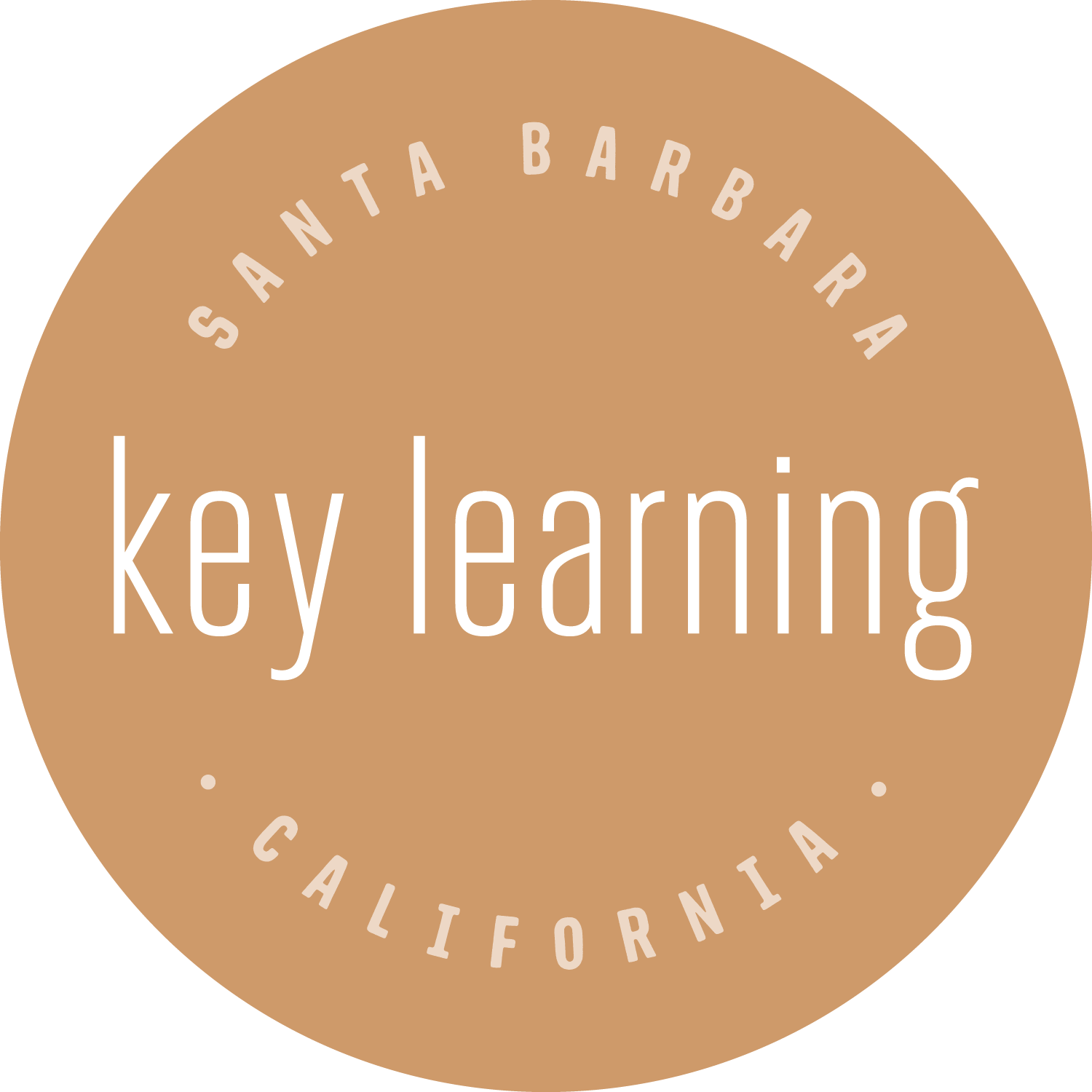EDUCATIONAL THERAPY
Educational therapy supports all students who would benefit from personalized educational support in a private setting. Read more about the Association of Educational Therapists at AETonline.org.
What are the benefits of educational therapy?
Private academic support
Individualized intervention and personalized goals
Students gain understanding of their strengths, and use them to support their areas of challenge in learning
Students become more confident and better advocates for themselves in the classroom
The earlier that students can understand themselves as learners, the more successful they will be in their entire educational career and beyond
Collaboration between all professionals working with the student
What is the difference between Educational Therapy and Tutoring?
While tutors can have various backgrounds and degrees, educational therapists are trained to understand how student’s brains process information, and they apply this knowledge to individually assess and remediate targeted areas. Educational Therapists are required to have a master’s degree in an education related field and as well as an educational therapy certification.
Throughout the 50-minute sessions, each student’s strengths are highlighted and their interests and passions are integrated. Educational therapy builds a student’s awareness of their strengths so they can use those strengths to support their areas of challenge in learning.
At Key Learning, researched-based movement, multi-sensory learning, and visualization are integrated into every aspect of therapy.
Key Learning is committed to clear communication with the family, teachers, and other specialists working with the student. Working as part of a multi-disciplinary team is an essential part of the educational therapy process.
Curriculum
MATHEMATICS
READING & WRITING
- Orton Gillingham
- Lindamood Bell LIPS
- Teacher College Reading and Writing Workshop
- Read Naturally
- K-5 Handwriting Without Tears
Specialties
DIVERSE LEARNING PROFILES
- Executive Functioning
- Dyslexia
- Sensory Processing
- ADD
- ADHD
- Short Term Memory
- Working Memory
- Auditory Processing
- Visual Processing
READING AND WRITING
- Phonics and phonemic awareness
- Phonological processing
- Letter formation and handwriting
- Written expression and ideation
- Reading fluency, accuracy and comprehension
MATHEMATICS
- Number sense
- Numeracy
- Numbers and operations (addition, subtraction, multiplication and division)
- Word problems
- Fact Fluency
OTHER
- Organization & planning
- Student agency
- Confidence
